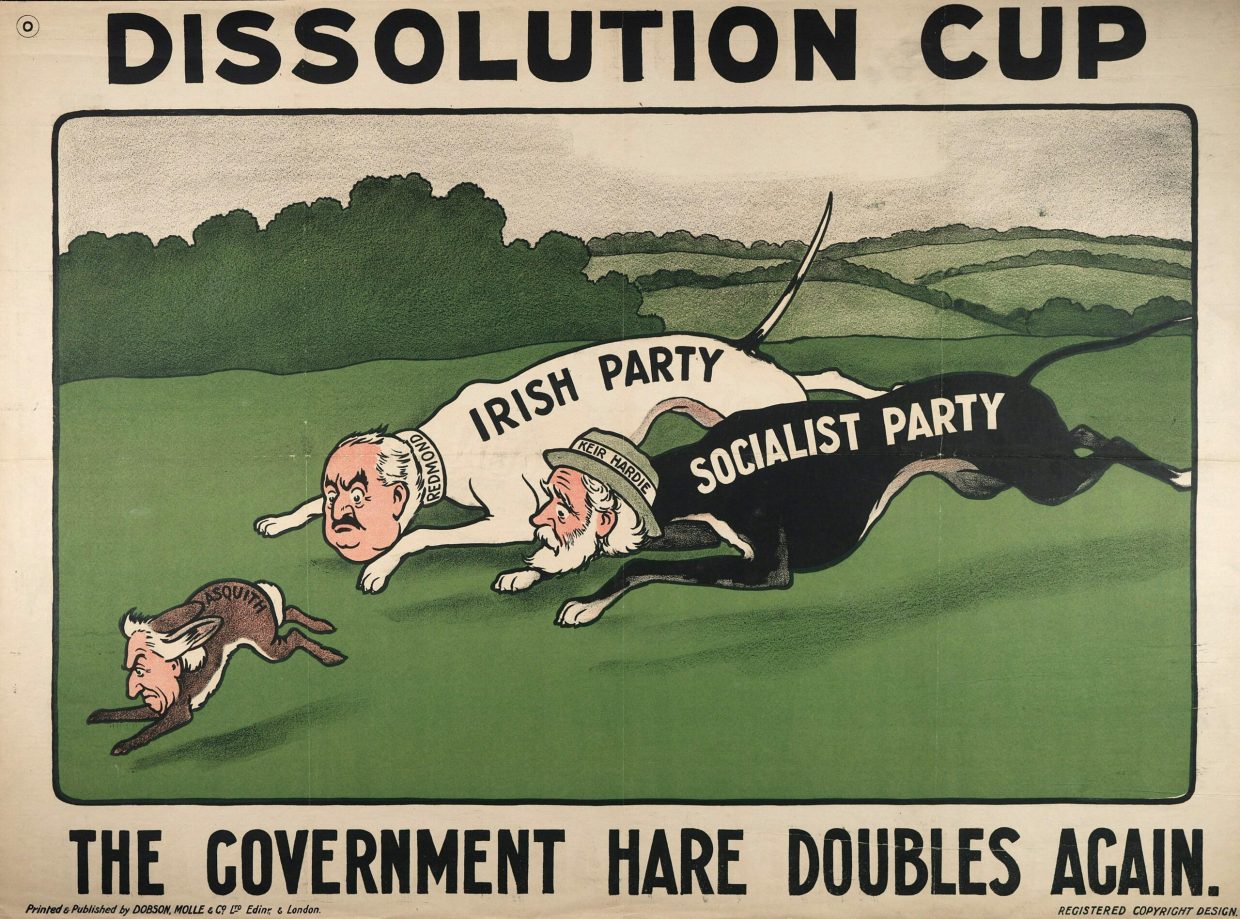In the aftermath of conflict, rebuilding a nation is no small feat. Effective political strategies play a crucial role in steering post-war reconstruction toward lasting peace and stability. From restoring governance and fostering reconciliation to rebuilding infrastructure and revitalizing the economy, the challenges are vast and complex. In this article, we’ll explore key approaches that political leaders and policymakers can adopt to ensure a successful recovery, helping societies heal and thrive once again. Whether you’re a student of politics, a curious reader, or someone invested in global peacebuilding, these insights offer valuable guidance on navigating the delicate but essential process of post-war reconstruction.
Table of Contents
- Understanding the Role of Inclusive Governance in Rebuilding Trust
- Promoting Economic Stability Through Targeted Policy Initiatives
- Fostering Social Cohesion and Reconciliation for Lasting Peace
- Leveraging International Partnerships to Support Sustainable Development
- Future Outlook
Understanding the Role of Inclusive Governance in Rebuilding Trust
Inclusive governance is a cornerstone for restoring societal confidence in the aftermath of conflict. By ensuring broad representation across ethnic, religious, and political lines, governments can create a platform where diverse voices contribute to shaping policies that reflect collective needs. Transparency, accountability, and participation become the pillars on which trust is rebuilt, demonstrating that governance is not about domination but collaboration. Communities feel acknowledged and valued when their interests are incorporated into decision-making processes, leading to a reinforced social contract that binds citizens and leaders alike.
Practical steps toward inclusive governance include:
- Establishing dialogue forums that encourage marginalized groups to express concerns.
- Implementing fair electoral systems that enable equitable political representation.
- Promoting decentralization to empower local authorities and reduce centralized power abuses.
- Investing in civic education to foster an informed and engaged populace.
Emphasizing these strategies not only enhances legitimacy but also reduces the risk of renewed conflict by addressing grievances before they escalate. Ultimately, the success of post-war reconstruction hinges on a government’s ability to unite its people through inclusive, empathetic leadership that prioritizes collective well-being over division.
Promoting Economic Stability Through Targeted Policy Initiatives
Economic stability is a cornerstone for any successful post-war reconstruction effort. By enacting targeted fiscal policies, governments can stimulate growth while preventing inflationary pressures that often emerge in fragile economies. Strategic investment in critical infrastructure, combined with measured support for small and medium enterprises, creates a resilient economic framework that not only restores but also modernizes wartime-damaged regions. Moreover, transparent financial oversight and equitable resource allocation ensure that recovery funds reach the communities and sectors that need them most, fostering trust and long-term sustainability.
Effective policies focus on several key areas to promote stability:
- Monetary reforms to stabilize currency and control inflation
- Job creation programs aimed at reabsorbing displaced workers and veterans
- Tax incentives that encourage entrepreneurship and foreign investment
- Social safety nets to protect vulnerable populations during economic transitions
- Public-private partnerships to leverage expertise and funding for critical projects
By weaving these strands together, policymakers can create a fertile environment for economic revival that benefits all layers of society, laying the groundwork for a prosperous and peaceful future.
Fostering Social Cohesion and Reconciliation for Lasting Peace
Building a durable peace requires more than political agreements; it demands nurturing trust and understanding among communities that have been divided by conflict. Initiatives that prioritize inclusive dialogue and recognize the trauma of affected populations pave the way for meaningful reconciliation. Engagement with grassroots organizations empowers marginalized voices, ensuring that the healing process is collective rather than imposed from above. These efforts must be backed by transparent governance structures that foster accountability and promote equal representation across social, ethnic, and cultural groups.
Cultivating social harmony also involves targeted programs that create shared opportunities for growth and development. This includes educational campaigns tailored to foster mutual respect, economic policies that reduce disparities, and community-building activities designed to bridge divides. By committing to reconciliation as a continuous journey, post-conflict societies can transform wounds into strengths, laying the groundwork for a peaceful future where unity is not just an aspiration but a lived reality.
- Inclusive, participatory governance involving all stakeholders
- Support for trauma-informed community healing processes
- Promotion of equitable resource distribution to reduce social tensions
- Investment in education programs that emphasize tolerance and coexistence
- Encouragement of cross-cultural dialogue through collaborative initiatives
Leveraging International Partnerships to Support Sustainable Development
In the delicate phase of rebuilding after conflict, forging strong international alliances becomes a cornerstone for sustainable progress. These collaborations bring not only monetary aid but also share invaluable expertise, technology, and best practices tailored for resilient community development. Governments and organizations can optimize outcomes by prioritizing mutual goals such as climate adaptation, public health improvements, and education reforms. Emphasizing long-term capacity building ensures that local populations are empowered to maintain progress independently, fostering a more durable recovery.
To amplify impact, political stakeholders should consider the following elements when engaging with global partners:
- Transparency and accountability: Establishing clear frameworks to monitor the utilization of resources.
- Inclusive dialogue: Involving diverse community voices to align reconstruction projects with real needs.
- Leveraging technology: Adopting innovation for efficient infrastructure and resource management.
- Adaptive policies: Designing flexible approaches that respond to evolving challenges and opportunities.
These strategies not only ensure equitable distribution of benefits but also enhance the legitimacy and durability of post-conflict governance structures.
Future Outlook
In the challenging journey of post-war reconstruction, effective political strategies serve as the cornerstone for lasting peace and sustainable development. By prioritizing inclusive governance, fostering dialogue, and ensuring transparency, leaders can rebuild not just infrastructure but also trust and social cohesion. While the road ahead may be complex, embracing these approaches paves the way for resilient societies and a hopeful future. Thank you for joining me in exploring these vital strategies—may they inspire meaningful progress in post-conflict settings around the world.













